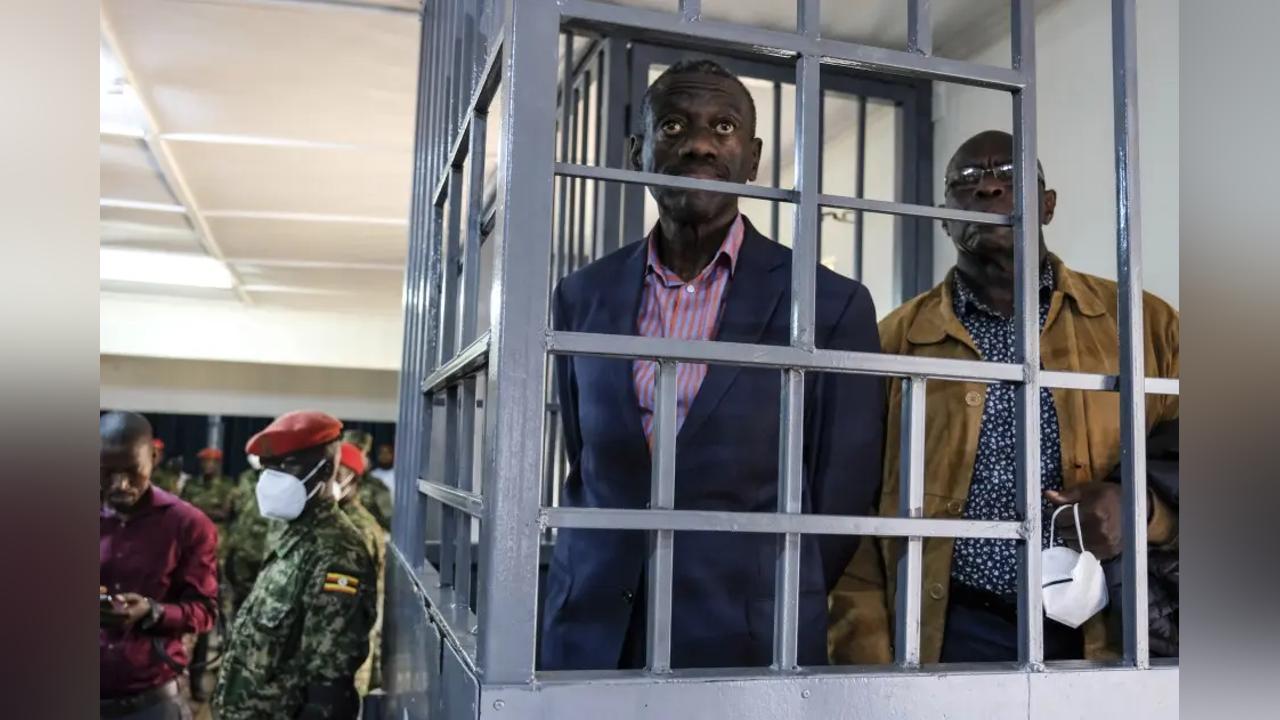Africa-Press – Uganda. A palpable sense of unease hangs over individuals once prosecuted by Uganda’s military court as Parliament prepares to debate the contentious UPDF Amendment Bill on Tuesday.
With Members of Parliament returning from a month-long recess, a flurry of behind-the-scenes messages has reportedly urged attendance, underscoring the bill’s political sensitivity and the government’s interest in securing quorum.
The Bill, appearing third on the order paper after the Presiding Officer’s communication, has already sparked backlash from lawyers and rights advocates.
At the heart of the controversy is the perceived attempt to reintroduce the trial of civilians in the court martial—just months after the Supreme Court struck down that practice as unconstitutional.
On January 31st, 2025, the Supreme Court delivered a landmark ruling that declared the trial of civilians in military courts unlawful.
Citing Articles 21, 28(1), 44(c), and 128(1) of the Constitution, Chief Justice Owiny-Dollo found that the Uganda Peoples’ Defence Forces (UPDF) Act lacked the constitutional safeguards necessary to ensure impartial and independent hearings.
The ruling effectively stalled hundreds of ongoing civilian cases in the General Court Martial.
Among those who faced that system was musician and political activist Ali Bukeni, better known as Nubian Li, a former close associate of National Unity Platform leader Robert Kyagulanyi.
Arrested in 2019 and later tried before the court martial, Nubian Li now views the Bill with deep skepticism.
“Even with proposed amendments to have a court martial committee composed of learned lawyers at the level of a High Court judge,” he said from a recording studio, “I don’t have any hope in this. It will still serve according to orders.”
His fears reflect a broader unease among civil society actors and opposition politicians, who accuse the government of using military courts to intimidate and silence dissent.
Member of Parliament Medard Lubega Ssegona, who is also a lawyer, criticised the government’s push to amend the UPDF Act as reckless and unconstitutional.
“They must not undertake that route,” he warned.
“If you want to improve [the court martial] for disciplinary matters, then we shall support them. We want a tribunal that disciplines against guns.”
But returning civilians to the court martial, he argued, would amount to contempt of court and bad faith.
“You can’t just amend the UPDF Act. It’s a constitutional amendment,” Ssegona insisted.
“They can’t deal with matters of a criminal nature. Anything of a penal nature, forget it. We shall go back to court whichever way. This is a bad-intentioned law and just to silence dissent.”
Although the full contents of the proposed amendments have not been made public, insiders say the Bill seeks to restructure the composition of the court martial and possibly redefine its jurisdiction.
Yet critics fear this is a backdoor manoeuvre to revive powers the judiciary has already ruled against.
The government has not issued a formal statement addressing the Supreme Court ruling’s implications on the new Bill.
However, the urgency with which it has returned to Parliament—and the quiet campaign to rally MPs—has raised suspicion among rights defenders and legal scholars alike.
For now, the country watches closely as Parliament reopens, with the UPDF Amendment Bill poised to test not only the government’s interpretation of the Constitution, but its commitment to civilian rule and judicial independence.
For More News And Analysis About Uganda Follow Africa-Press






